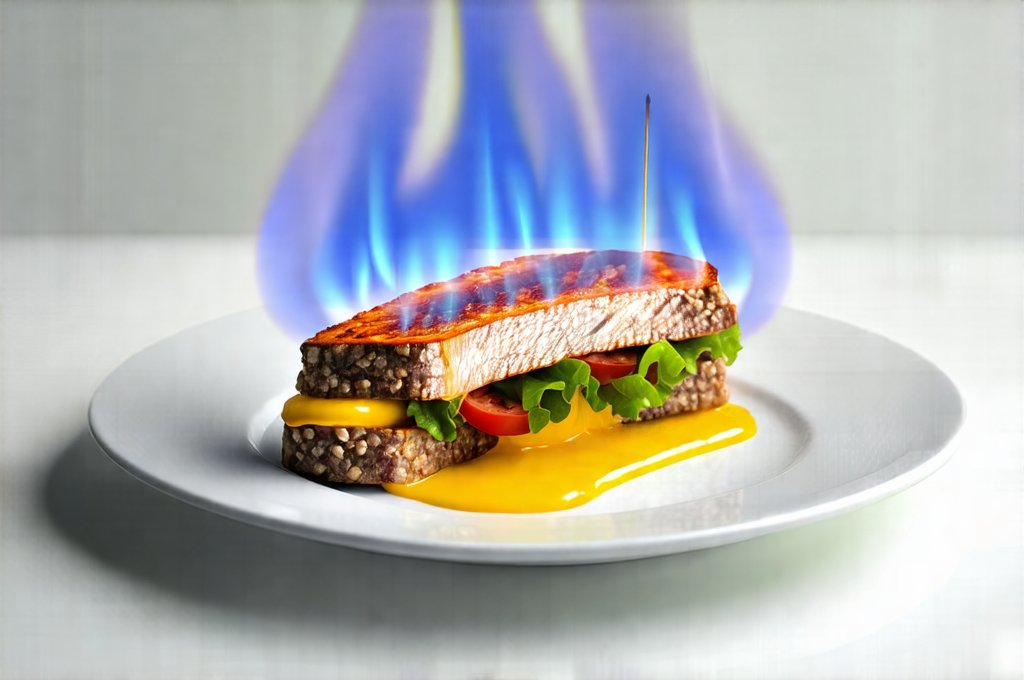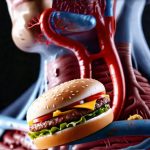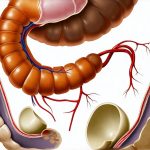Digestion is a remarkably complex process, often taken for granted until something goes awry. We typically focus on what we eat, but how we eat can be just as significant, particularly when it comes to gastrointestinal comfort. Many people experience bloating, discomfort, and excessive gas after meals, attributing it solely to specific foods. However, the speed at which we consume our food often plays a surprisingly large role in these experiences – frequently overlooked yet profoundly impactful. Understanding this connection allows for more mindful eating habits that can significantly improve digestive health and overall wellbeing.
The relationship between rapid eating and increased gas production isn’t immediately intuitive, but it’s rooted in the mechanics of digestion itself. When we eat quickly, several things happen simultaneously: less thorough chewing occurs, larger food boluses enter the stomach, and the digestive system is overwhelmed with volume. These factors all contribute to incomplete breakdown of carbohydrates and proteins, providing more fuel for gas-producing bacteria in the large intestine. This isn’t simply about quantity; it’s about quality of digestion, which directly correlates with eating speed. Moreover, rapid eating frequently leads to swallowing excessive amounts of air – a significant component of intestinal gas. If you suspect food sensitivities are playing a role, explore the impact of stress as well.
The Mechanics of Digestion & Gas Production
The digestive system is designed for a relatively slow and methodical process. It begins in the mouth with mechanical breakdown via chewing, mixing food with saliva containing enzymes that initiate carbohydrate digestion. This process, if rushed, bypasses crucial initial stages of nutrient extraction and prepares food inadequately for further processing. The stomach then churns and mixes food with gastric juices, continuing the breakdown of proteins. But even here, speed is detrimental. If food arrives too quickly and in large chunks, the stomach struggles to effectively acidify and break down the contents, resulting in undigested material moving into the small intestine. Understanding fast eating is crucial for overall digestive health.
The small intestine is where the bulk of nutrient absorption takes place. However, incomplete digestion upstream means more complex carbohydrates (like fructans, galactans, and lactose) and proteins reach the large intestine largely intact. This is where things get gassy. The large intestine houses trillions of bacteria that ferment these undigested materials as a source of energy, producing gases like hydrogen, carbon dioxide, and sometimes methane – all contributors to bloating and flatulence. Faster eating directly increases the amount of undigested food reaching the colon, thereby escalating gas production. This can be further complicated by dairy sensitivity.
Finally, it’s important to remember aerophagia, or air swallowing. Eating quickly often means breathing less regularly and gulping down more air with each bite. This ingested air contributes significantly to bloating and belching, adding to the overall discomfort. It’s a common phenomenon – even seemingly innocuous habits like drinking through straws or chewing gum can exacerbate it.
Chewing & Its Impact on Gas
Chewing isn’t just about breaking down food into smaller pieces; it’s an integral part of the digestive process with profound implications for gas production. Saliva, released during chewing, contains amylase, an enzyme that begins carbohydrate digestion in the mouth. Thorough chewing allows amylase to work more effectively, reducing the burden on later stages of digestion and minimizing the amount of undigested carbohydrates reaching the large intestine.
- Insufficient chewing leads to larger food particles entering the stomach.
- This increases digestive workload and reduces nutrient absorption efficiency.
- Ultimately, more complex carbohydrates arrive in the colon for bacterial fermentation, boosting gas production.
Consider this: a well-chewed bite is pre-digested, making it easier for the stomach and small intestine to process. A rushed meal bypasses this crucial step, leaving more work for bacteria in the large intestine – and more gas as a result. It’s often said that we should “chew each bite 20-30 times” but the specific number isn’t as important as mindful chewing – focusing on fully breaking down food before swallowing. Poor dietary choices, like frequent fast food, can also contribute to digestive issues.
The Role of Stomach Acid & Digestive Enzymes
The stomach plays a vital role in preparing food for further digestion, relying heavily on hydrochloric acid (HCl) and enzymes like pepsin to break down proteins. Rapid eating can overwhelm the stomach’s capacity to produce sufficient HCl, hindering protein breakdown. When proteins aren’t adequately broken down, they reach the large intestine undigested, providing fuel for gas-producing bacteria. Similarly, insufficient enzyme production – often linked to rushed meals and stress – exacerbates this issue. The impact of tight jeans on digestive pressure should also be considered.
The process of digestion is intimately connected with our nervous system. Eating quickly activates the sympathetic nervous system (the “fight or flight” response), which prioritizes speed over thoroughness. This can suppress digestive functions like HCl secretion and enzyme release, further contributing to incomplete breakdown of food. Slowing down eating allows the parasympathetic nervous system (“rest and digest”) to take over, promoting optimal digestion and reducing gas production.
Mindful Eating Techniques for Reduced Gas
Fortunately, altering our eating habits can significantly impact gas production. Practicing mindful eating isn’t about dieting or restriction; it’s about cultivating awareness around how we consume food. Here are a few techniques:
- Slow Down: Consciously reduce your eating speed. Aim to take smaller bites and pause between them.
- Chew Thoroughly: Focus on fully breaking down each bite before swallowing, utilizing the power of saliva enzymes.
- Eliminate Distractions: Turn off the TV, put away your phone, and focus solely on your meal. Distractions lead to faster eating and reduced awareness of fullness cues.
- Hydrate Strategically: Drink water between bites rather than during them. Drinking with meals can dilute digestive juices.
- Practice Portion Control: Smaller portions are easier for the stomach to handle, reducing overall digestive strain.
These techniques aren’t overnight fixes but consistent application will yield noticeable improvements in digestive comfort and gas production. It’s about creating a more harmonious relationship with food and allowing your body to digest effectively. Ultimately, the goal is not just what you eat, but how you experience eating itself. You may also find that gluten sensitivity plays a role in your digestive discomfort.


















